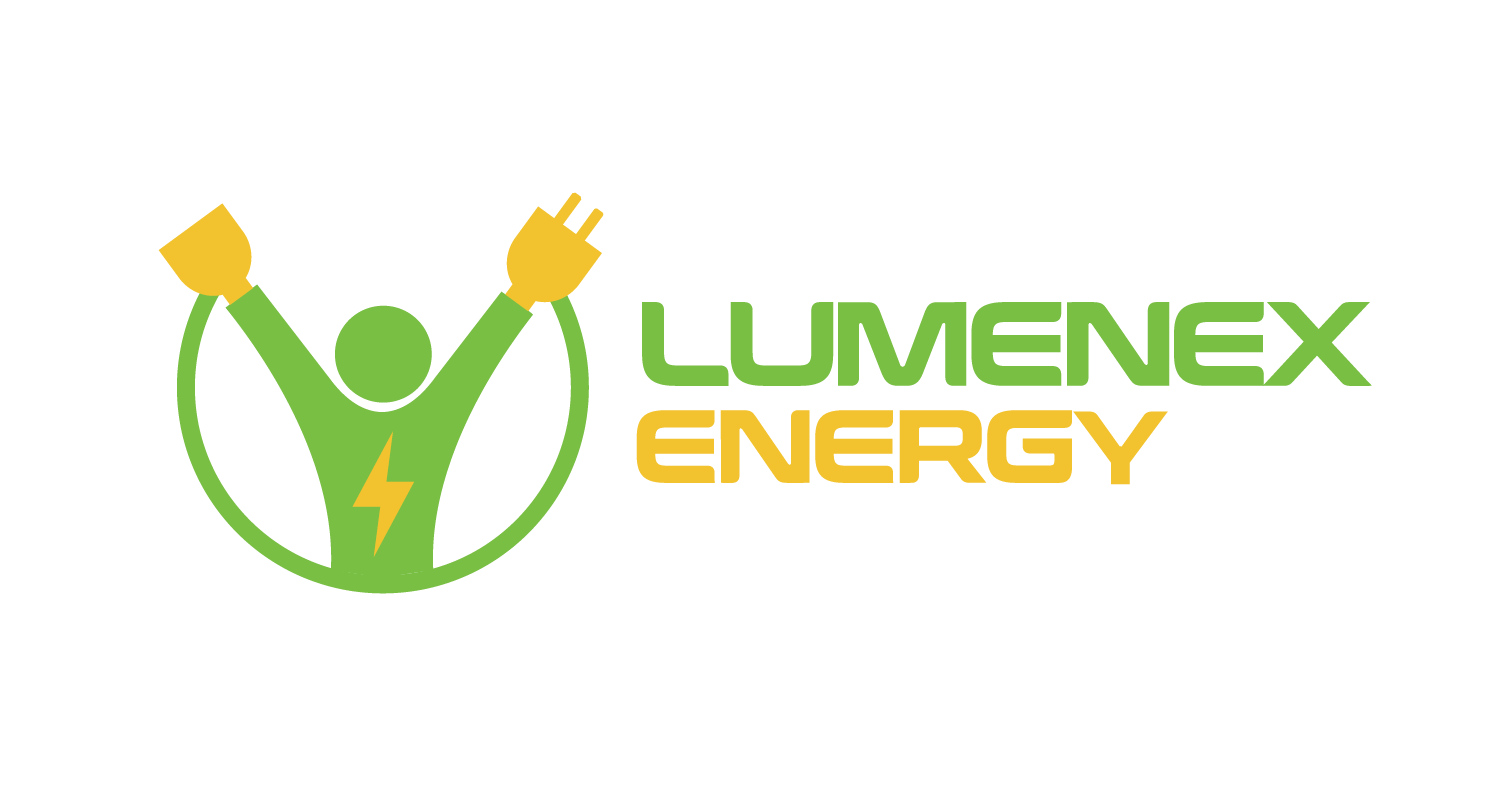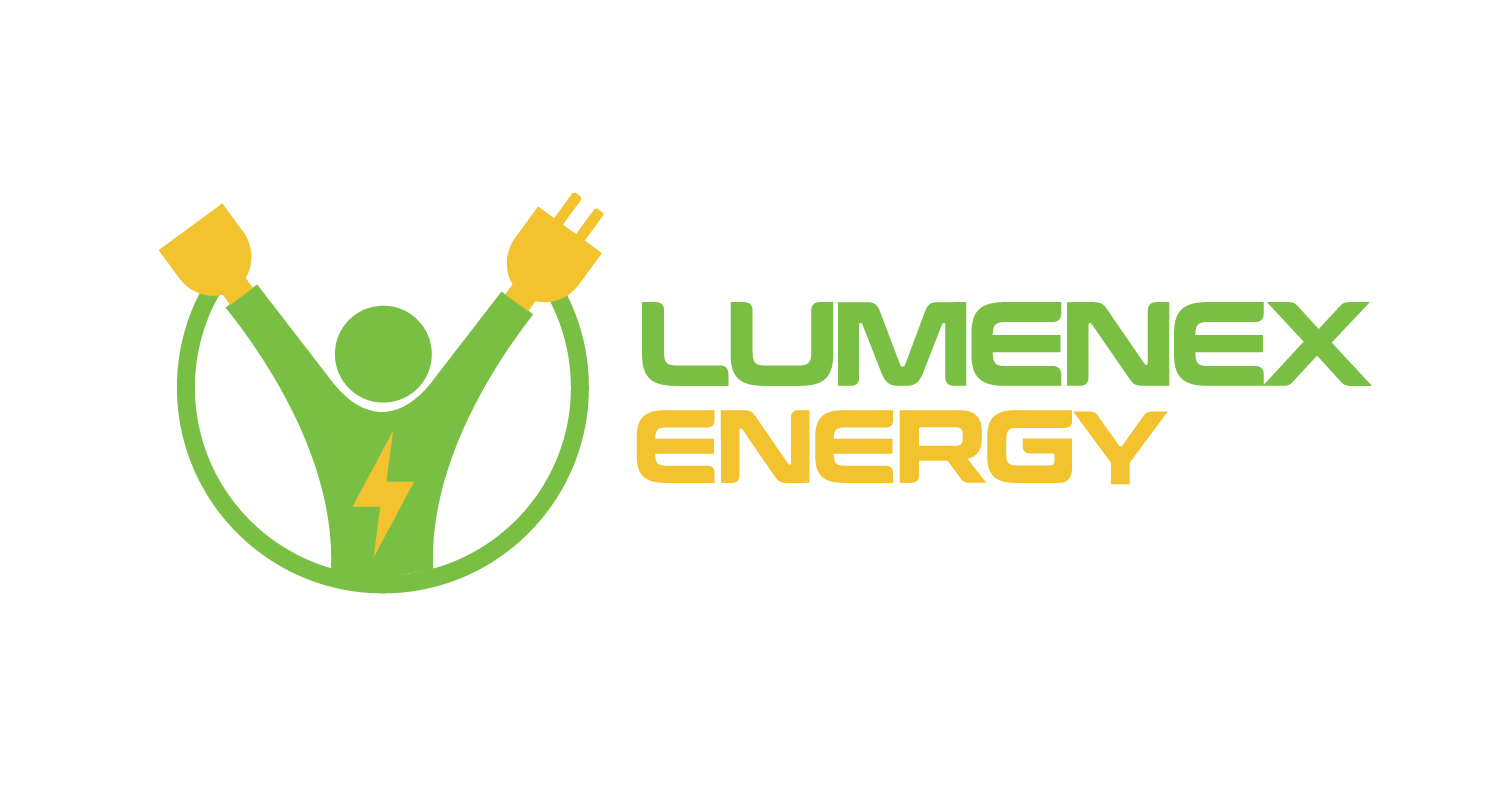
Introduction
Texas residents continue to grow their interest in solar energy because of its rising popularity as a renewable solution for meeting increased clean power demands. Solar energy provides dual advantages of building a sustainable future while delivering substantial financial returns to users. Texas delivers multiple solar energy incentives, together with rebates, which lower solar energy conversion costs to all-time low levels in the state. This article examines how Texas homeowners can minimize their costs with solar benefits and explains the solar programs available in the state.
Texans can minimize their expenses through solar incentives and rebates to access higher savings.
There has been an increasing nationwide interest in renewable energy alternatives throughout the United States during recent years. Householders together with businesses frequently choose solar energy as their renewable power solution because it simultaneously lowers their environmental impact and utility bills. Texas acts as an ideal environment for solar power adoption because of its exceptional sunlight conditions. The expense to install solar panels at the beginning of the process requires a large initial financial commitment. Texans can access several financial programs which lower the cost of transitioning to solar energy.
Understanding Solar Incentives and Rebates
The adoption of solar energy through installation receives financial support from solar incentives and rebates which minimize the total expenses during the setup phase. Tax incentives for solar panel installation originate from central government agencies together with state authorities and municipal agencies and the utility industry. Solar energy benefits from incentives that create access to more affordable sustainable power for residential as well as business consumers.
Federal Solar Incentives
The federal Investment Tax Credit (ITC) provided by the government stands among the most substantial incentives for solar adopters. With this tax credit solar installation expenses qualify for a percentage of reduction against federal taxes for homeowners and businesses. Components installed before 2032 can qualify for a 30% credit under the Investment Tax Credit program which produces substantial tax benefits.

Texas-Specific Incentives
Solar customers can benefit from multiple local rebate programs throughout Texas since the state lacks a statewide solar rebate initiative similar to Massachusetts and Vermont. For instance:
Residential solar customers may seek rebate programs from Austin Energy to lower their initial investment cost.
CPS Energy: Provides a solar rebate program for its customers in San Antonio.
Oncor Electric Delivery: Offers incentives for residential and commercial solar installations within its service area.
The incentive programs were created to assist consumers by alleviating their financial requirements when they choose solar energy systems.
Net Metering
An essential benefit to solar adopters exists through the practice of net metering. The power grid allows homeowners to sell any extra electricity made by their solar panels. Devices connected to the electric grid through net metering enable solar panel system owners to both reduce electricity expenses and achieve faster cost recouping.
Comparing with Other States
A valuable comparison of solar incentives should include Texas alongside Massachusetts Connecticut and California.
Massachusetts Solar Rebates and Incentives
The state leads national efforts for solar energy promotion through strong solar rebate and incentive programs. Solar Massachusetts Renewable Target (SMART) Program enables state residents to receive financial incentives according to their solar panel electricity production levels. Massachusetts provides its residents with two solar benefits: net metering services as well as property tax exemptions for solar systems.
Connecticut Solar Incentives and Rebates
The state of Connecticut enables different programs to help reduce solar installation expenses. Through its financing options and rebates program the Connecticut Green Bank supports residentialrames to find solar projects. Residential customers in the state benefit from the net metering policies which give them compensation credits for additional power they generate.
Current Home Solar Rebates and Incentives in California
Solar energy adoption has been leading through California for many years. The California Solar Initiative (CSI) rebates together with other state incentives encourage solar installation across California. The net metering structure implemented by California represents one of the best in the United States because it permits homeowners to receive substantial reductions in their power bills.
Vermont Solar Panel Installation Rebates and Incentives
The state of Vermont offers multiple benefits to attract people toward adopting solar technologies. Net metering through favorable rates and support for solar projects via the Renewable Energy Standard (RES) makes up both incentives offered by the state. The installation of solar panels in Vermont’s properties receives tax exemption benefits from the state.
Massachusetts Solar Rebates and Incentives
Solar energy promotion in Massachusetts flourishes due to its well-established rebate, along with incentive programs. The Solar Massachusetts Renewable Target (SMART) Program enables state residents to receive financial incentives according to their solar panel electricity production levels. Massachusetts provides its residents with two solar benefits: net metering services as well as property tax exemptions for solar systems.
Connecticut Solar Incentives and Rebates
The state of Connecticut enables different programs to help reduce solar installation expenses. Through its financing options and rebates program, the Connecticut Green Bank supports residential homeowners to find solar projects. Residential customers in the state benefit from the net metering policie,s which give them compensation credits for additional power they generate.

Current Home Solar Rebates and Incentives in California
Solar energy adoption has been leading through California for many years. The California Solar Initiative (CSI) rebates together with other state incentives encourage solar installation across California. The net metering structure implemented by California represents one of the best in the United States because it permits homeowners to receive substantial reductions in their power bills.
Vermont Solar Panel Installation Rebates and Incentives
The state of Vermont offers multiple benefits to attract people toward adopting solar technologies. Net metering through favorable rates and support for solar projects via Renewable Energy Standard (RES) makes up both incentives offered by the state. The installation of solar panels in Vermont’s properties receives tax exemption benefits from the state.



